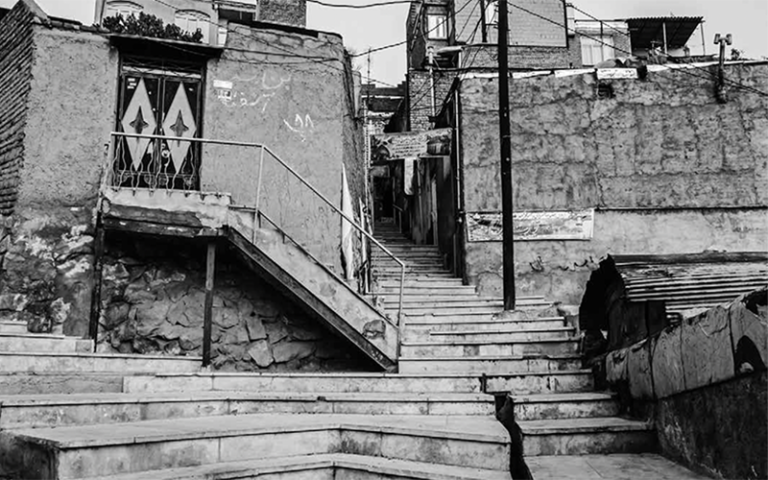DPU's Azadeh Mashayekhi receives funding for project on role of religious actors in urban planning
17 April 2023
Congratulations to the DPU's Dr. Azadeh Mashayekhi for receiving the Urban Studies Foundation Seminar Series Awards to conduct a research project on "The role of religious actors in shaping urban planning”.

The award received in collaboration with Dr. Noura Wahby (American University in Cairo) and Dr Camila Saraiva (Universidade Federal do ABC, Brazil) and team members Dr. Thaisa Comelli (UCL, Institute for Risk and Disaster Reduction) and Dr. Vafa Dianati (UCL, DPU) will fund the project and seminars series “Interrogating the role of religious actors in shaping urban planning: reflections from Middle Eastern and Latin American cities”.
This seminar series aims to contextualise, unpack, and compare the ways in which religious (or religious-inspired) actors engage with planning systems and governance processes, and the perceived impact on trajectories of urban development in cities. Despite the increasing recognition of the role of religious groups and actors in planning and development of cities (Sandercock, 2006; Bayat, 2007; Harb, 2011; Fawaz and Harb, 2010; Manouchehrifar and Forester, 2021; Pontual, 2016; Touris, 2021), there is still little evidence of the ways in which these actors might be influencing urban development and planning in a more global and nuanced perspective, that is, the ways they operate as key actors of urban development. Engaging with these actors, their material (rather than spiritual) practices and tactics is central to advancing urban debates on urban politics and governance, especially in the global south, where there is a deep gap between normative planning discourse (often liberal, Eurocentric and secular) and situated processes of city-making.
Existing scholarship suggests that religious institutions- whether Islamic Shia or Sunni and Catholic or Neo-Pentecostal- in these areas have consistently taken on functions attributed to the state, and evolved into alternative welfare providers that overlap with, contradict, or complement state institutions. The provision of goods and services like water, energy, and housing are examples of such practices. Yet such welfare is not sufficiently unpacked by urban theorists, nor are they recognised as a cornerstone of planning trajectories in the global south.
By jointly analysing Middle Eastern and Latin American cities, this seminar series seeks to expand the epistemic horizon of urban studies by unpacking the role of religious actors that are increasingly active – politically and spatially – yet absent in planning theories. We do so by focusing on the involvement of various religious (or religiously inspired) actors in initiatives that tackle perceived urban problems and inequalities through their own framework of values. Such endeavour entails exploring spatial tactics deployed by religious actors to reconfigure relations in certain areas to align with their ideological and political lines of dominance.
 Close
Close

